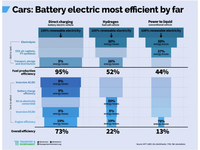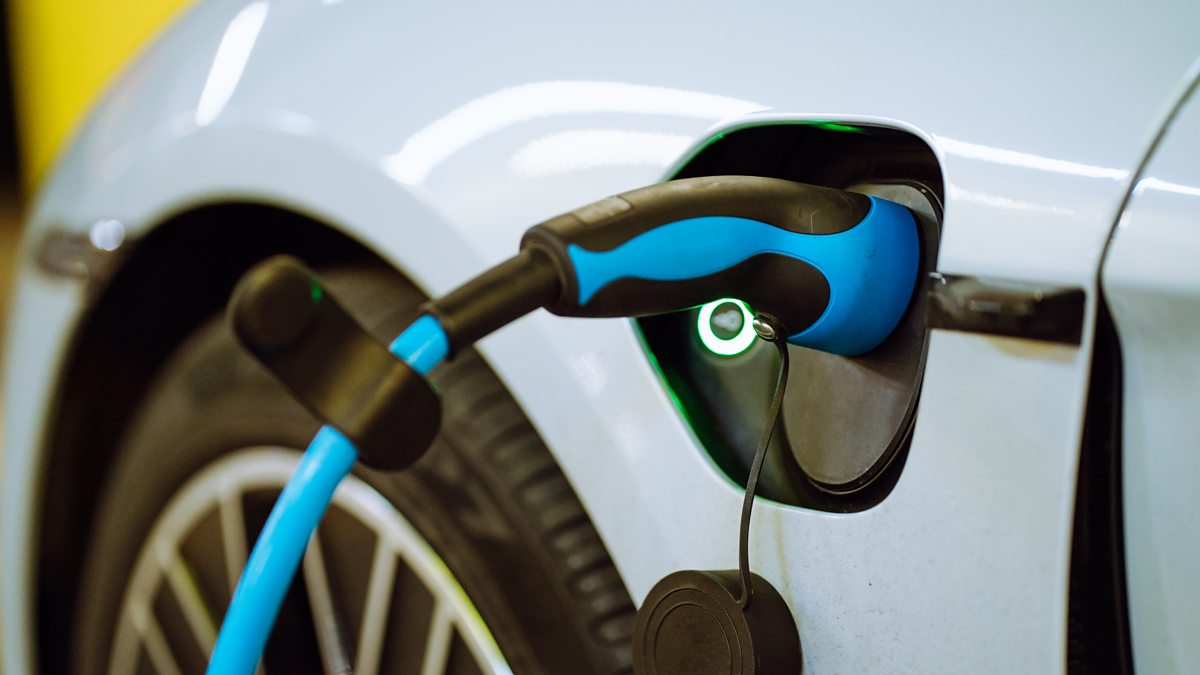DistortAMG
TS Member
- Favourite Ride
- POTC Disneyland Paris
It's a fallacy to think an autonomous car won't have an accident. Of course it will, and people will die. The question is, will it be safer per 1000 miles than the average driver? If so then it's a success.
I absolutely agree with you. Automous cars will crash. Maybe not as much as cars with human drivers but it will happen.
An interesting, slightly dark, but very important and repevent article that I read recently, was discussing this paraphrased subject:
The automated car you are sitting in finds itself in a situation where a crash is inevitable. What should the car do and how should it respond to the situation in front of it.
As a very neutral example. Say the car had 4 passengers, found itself in trouble and had to swerve onto the pavement to save the car and passengers, but took out 4 padestrians (which it would already have seen) to save the car. Or, taking another way which would more than likely result in the car rolling and causing serious injury or death to the passangers, but saving the pedestrians.
This sort of decision making is a very real issue they are trying to solve, I don't think anyone knows the answer and although quite dark, it's extremely relevant for autonomas cars.




